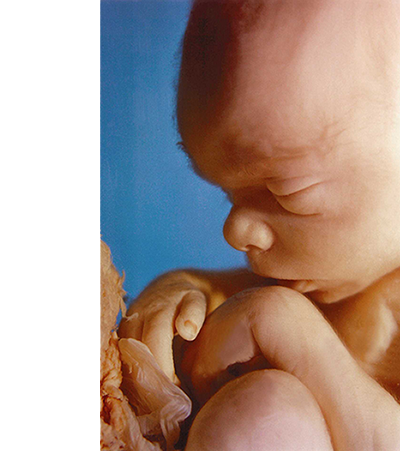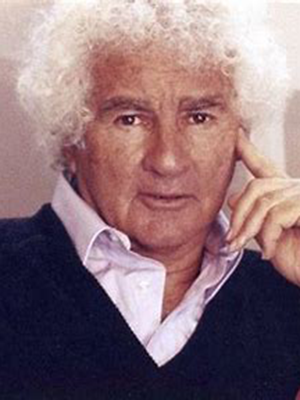|
Our personality and behaviour traits are determined by our early childhood experiences.
A Child is born into this world open, vulnerable and dependant. That child has built in needs or drives to achieve survival and flourish but those needs are to be provided for by its parents. The child's needs are for food, protection and comfort. The internal mechanism that promotes that is the pleasure /pain principle. If the child gets these needs met it feels pleasure within itself and towards it's parents. If the child does not get them met it feels pain as a stimulus to put things right, often by crying which its parents are programmed to respond to. If the child does not get those needs met on a consistent basis it will automatically adopt a strategy to deal with the ongoing painful situation. The exact plan will be determined by the way it's parents fail to provide for it's needs. That strategy will become hard wired into it's psyche so as to stop it feeling the unrelenting pain of unmet need. This strategy will either be a means of suppressing internal feelings or away of eliciting from parents some compensatory behaviour towards it to alleviate the pain. These hard wired reactions and behaviour then becomes the basis for its personality and is the creation of its inner child
The type of parental failure determines the age of the child at which this will have the most marked effect.
The brains development will then determine how the child will experience this.
There are three levels to the brain and these exist in different physical parts of the skull
The core level operates all the unconscious bodily functions. (-0mths) ‐ Sensations
The second level feels and processes the emotions. (+6mths)
The third thinks about how to get needs met and provide rationalisations for set patterns of behaviour established by other levels. (+1yr)
The basic core brain needs are for food, protection, and comfort.
When the emotion brain starts to develop then these basic needs will start to be expressed in emotional terms such as affection, attention and interest without which the child will feel insecure and unsafe
The thinking brain will expect the parents behaviour to be consistent with basic or emotional needs and if they are not the child will feel unsafe and unprotected and unwanted.
(Based on the work of Arthur Janov) |




